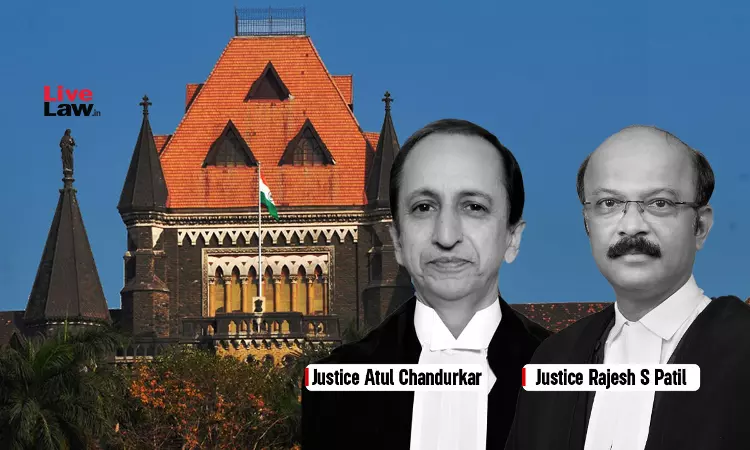The Bombay High Court bench of Justice A. S. Chandurkar and Justice Rajesh S. Patil has held that arbitration proceedings cannot be commenced against third parties who have not signed the Arbitration Agreement. The court observed that either the developer or the society, who has signed the Development Agreement can invoke the arbitration agreement in case of dispute. A party who is...

